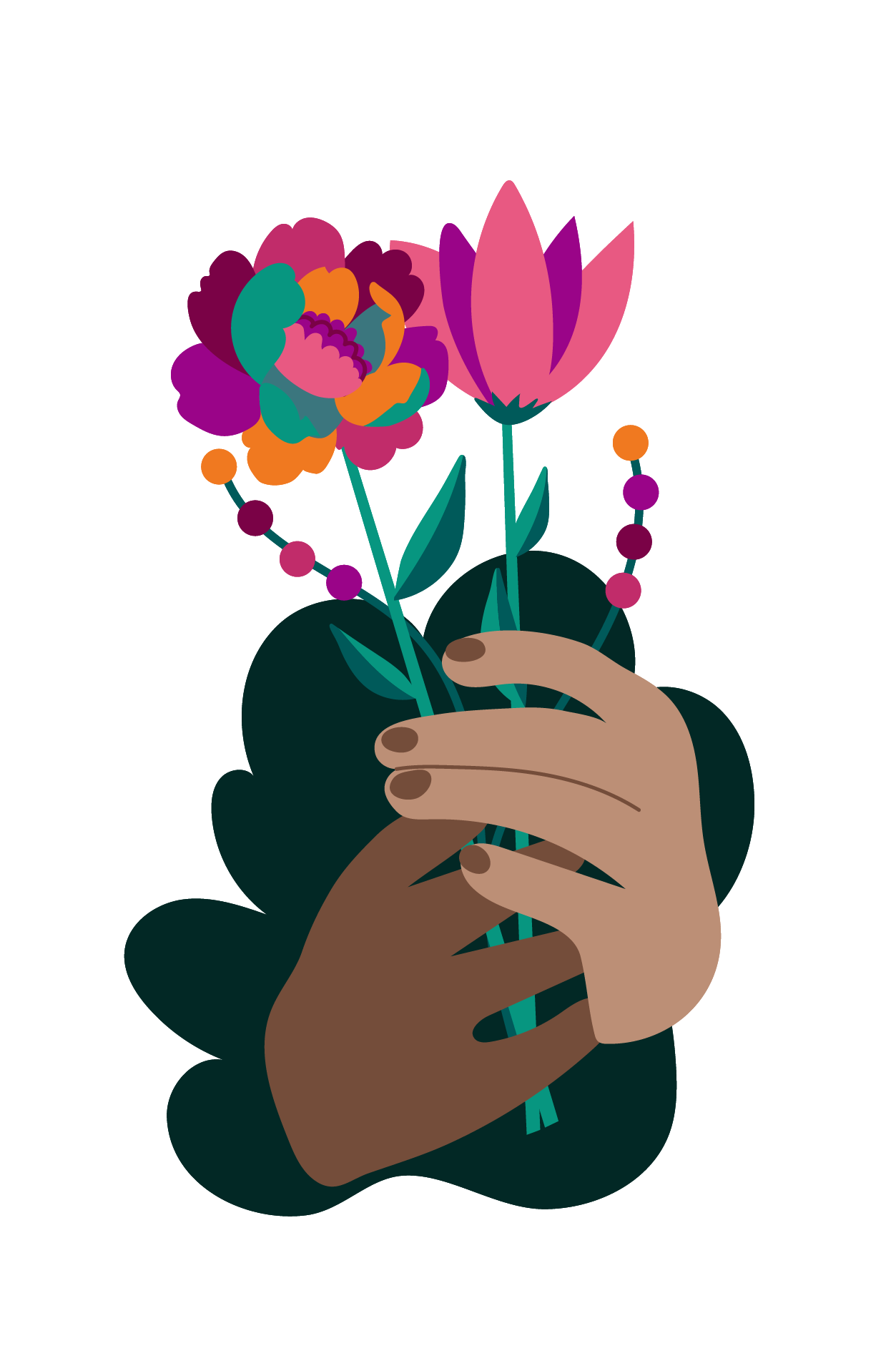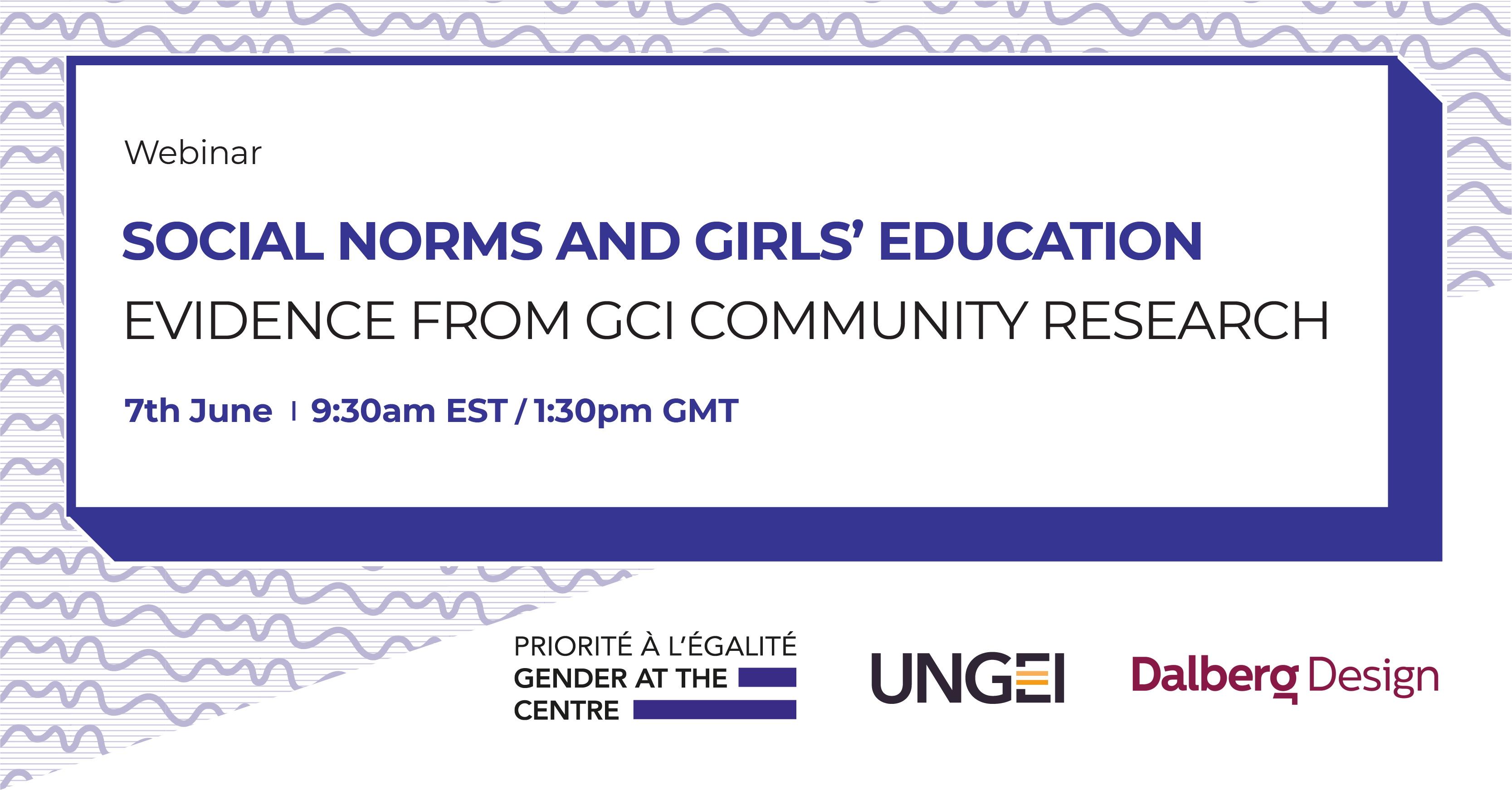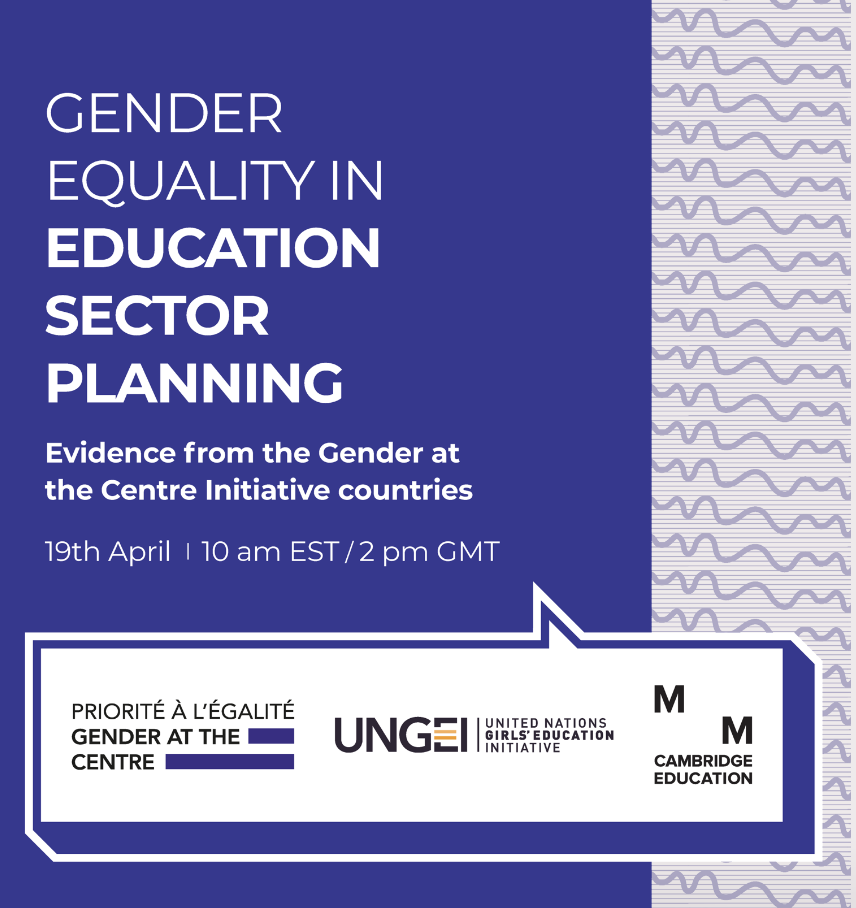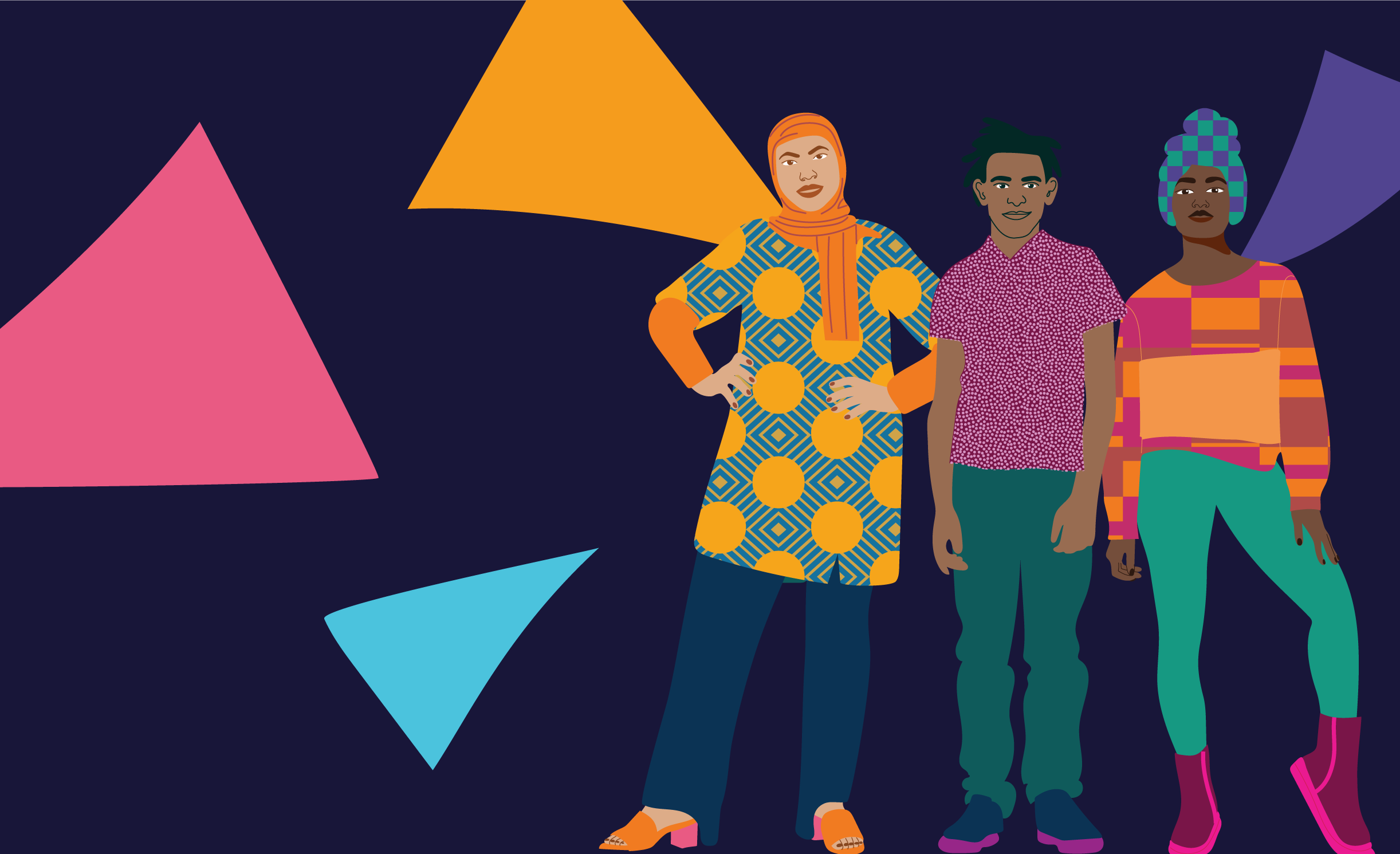Human Rights Day is observed every year on 10 December, marking the day the UN General Assembly adopted the Universal Declaration of Human Rights in 1948. It also marks the final day of the global campaign 16 Days to End Gender Based Violence. Female genital mutilation of any type has been recognized as a harmful practice and a violation of the human rights of girls and women. According to UN Women, over 200 million women and girls alive today in 31 countries have undergone genital mutilation. In 2021, 4.16 million girls and women around the world are at risk of genital mutilation. In addition, estimates suggest that due to COVID-19 disruptions, there could be as many as 2 million additional cases of FGM by 2030 that would otherwise have been averted.
 Although the links between education and FGM are under-researched, girls’ education appears to be a protective factor in reducing FGM prevalence. As a result, girls’ risk of dropping out of school may contribute to an increase in risk of FGM for current and future generations of girls. Quality and gender-transformative education has the potential to challenge and transform the discriminatory social and gender norms that drive the practice of FGM. To truly “build back equal” following the COVID-19 pandemic, and accelerate action towards SDG4 and SDG5 by 2030, we must strengthen the link between gender equality, education, and ending FGM.
Although the links between education and FGM are under-researched, girls’ education appears to be a protective factor in reducing FGM prevalence. As a result, girls’ risk of dropping out of school may contribute to an increase in risk of FGM for current and future generations of girls. Quality and gender-transformative education has the potential to challenge and transform the discriminatory social and gender norms that drive the practice of FGM. To truly “build back equal” following the COVID-19 pandemic, and accelerate action towards SDG4 and SDG5 by 2030, we must strengthen the link between gender equality, education, and ending FGM.
Within the Gender at the Centre Initiative (GCI), an initiative to promote gender equality in and through education in 8 countries in Africa, UNGEI is working with partners to address the multiple barriers that keep girls from completing their education. At the UNFPA-UNICEF Global Youth Roundtable to Accelerate Progress to Eliminate FGM in November 2021, UNGEI, through GCI, reiterated its engagement to partner with UNFPA and UNICEF to end harmful practices and promote girls’ education. As a co-organizer of the Global Youth Roundtable, UNGEI led a session on how to build a global youth movement to end FGM. UNGEI also developed a session on mindfulness and wellbeing for young activists. Feminist leadership and self care is critical in the fight to end FGM.
UNGEI has also teamed up with UNICEF to publish a Technical Note on Girls’ Education, Empowerment, and the Elimination of Female Genital Mutilation. In partnership with young feminist organizations in regions affected by FGM, UNGEI facilitated an in-depth consultation roundtable to better understand how to support and amplify the work of young feminist organizations to end FGM and advance girls’ education in their contexts.
This Human Rights Day, youth activist Fatima harnesses the power of poetry to ask - how far are we in the fight to end FGM?
HOW FAR ARE WE WITH FGM
If only I had the power to know what to expect
If only I knew that it was an unspoken crime to be born a girl in this world
I would have prayed to the Almighty to not allow the sun shine on me
I would have pleaded to be an angel and watch from above
But how could I have known?
How could I have known that the world I couldn’t wait to see couldn’t wait to see my blood?
Female Genital Mutilation
Just three words
Three words that’s been claiming lives over and over again
Today I reflect on the day that this practice was declared a human and women’s right violation
A day that was nine years before I saw the rays of the sun
And today, nineteen years after that, it’s still summoning people in platforms like these
This makes me wonder if it’s going to be the same reality for our daughters’ daughters
Really, how far are we?
Today I remember the about 200 million survivors of this practice
How are they feeling?
Today, I remember those who were taken away from us by FGM
Was it what they wanted?
Today, I am worried about the million other girls at risk of this practice
Are they safe?
Today, I’m concerned about what we have to do especially those of us with the power to make FGM history
Do we really care?
I know how much we are attached to our cultures as Africans
Because, my goodness I will be lying if I say our culture is not beautiful
Cause it is!
Culture is wonderful
Culture is our identity
Culture is our pride
And so I say
If that’s culture and FGM is culture,
Then it’s safe to say that we are murder devotees?
Sometimes I tell myself
Maybe it was not their fault
Maybe they didn’t know
Maybe they thought it was for the best
Maybe they thought it’s because they love us
Maybe we just would have forgiven them if we hadn’t known better
But how could we when we know
It’s not a matter of not knowing
They know exactly what they are doing
They know how girls’ lives are at risk because
They’ve seen other girls it’s killed
But it’s their honor against our lives
Our lives are only worth the statistics to them
Therefore, SIT DOWN if you are not going to contribute in creating a free FGM world
And STAND UP if you are in solidarity with the survivors
STAND UP to honor those we’ve lost to this practice
STAND UP if you are committing yourself to fight against FGM!
And clap if you really mean it!
THANK YOU


